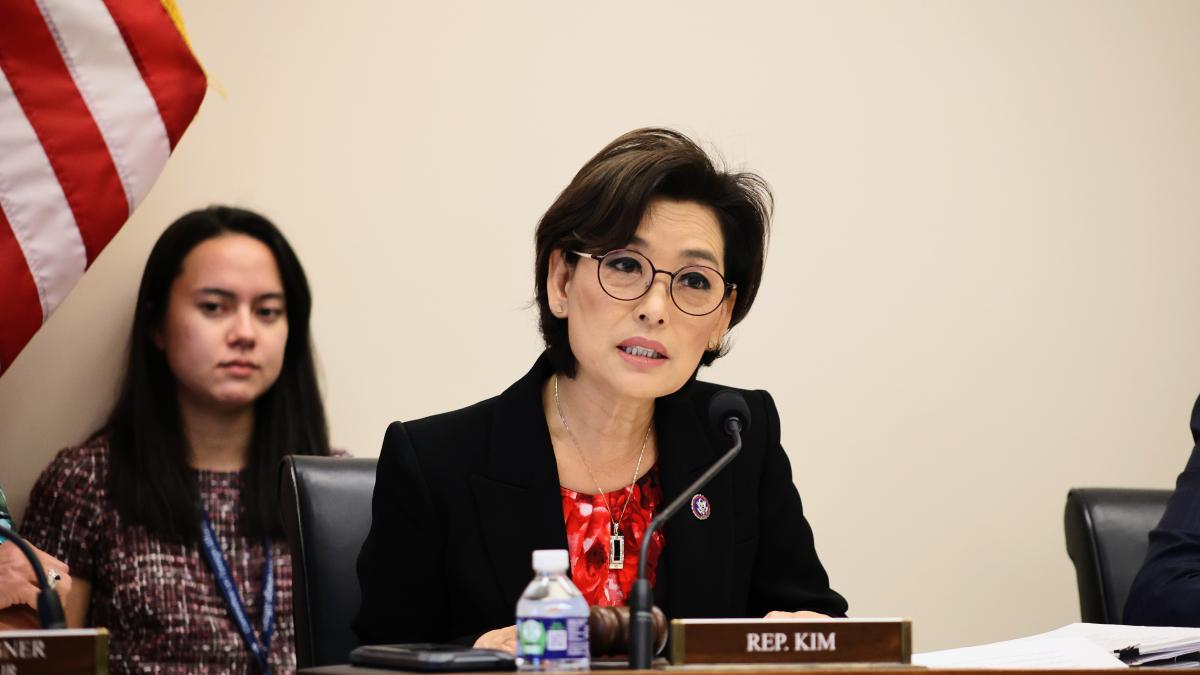Washington, DC – Today, House Indo-Pacific Chairwoman Young Kim (CA-40) delivered opening remarks at her hearing titled, “Surrounding the Ocean: PRC Influence in the Indian Ocean.”
Watch her remarks here, watch the hearing livestream here, and read her opening statement as prepared below.
Welcome to the Indo-Pacific Subcommittee’s Second Hearing of the 118th Congress. Today’s hearing will examine the PRC’s Influence in the Indian Ocean.
The Indian Ocean Region (IOR) is of critical importance for the U.S., its allies, and its partners. The IOR is a high traffic trade route through which roughly 70% of all of the world’s container ships pass through. These routes are vital to global energy supply routes and supply chains. Ports in IOR countries, such as in Malaysia and Singapore, are among the busiest ports in the world, and as the IOR countries seek to expand their trade, we should expect that these ports will accommodate even more ships in the future.
The CCP’s growing influence in the IOR is concerning and poses a number of environmental, economic, and security challenges. In the interest of protecting key supply routes and keeping the Indian Ocean free and open, the U.S. maintains a military presence in the Indian Ocean out of the naval base at Diego Garcia Island and is currently the dominant naval force in the region, but the PRC seeks to displace U.S. presence in the IOR.
The People’s Republic of China (PRC) understands the strategic importance of the Indian Ocean, and while its naval presence is comparatively small to that of the U.S. or other partners and allies in the region, the People’s Liberation Army Navy (PLAN) is stepping up its maritime presence there, and the PRC’s commercial shipping fleet far outnumbers ours. Not to mention the near constant presence of Chinese fishing vessels, which engage in illegal, unregulated, and unreported fishing. For example, Chinese fishing vessels have been overfishing key resources like yellow tuna, a vital resource for many economies in the region.
The PLA also constructed its first overseas military base in Djibouti, conveniently located at the Bab al-Mandab Strait, which roughly 10% of all crude oil and natural gas shipments flow through annually.
To solidify this maritime presence, the PRC’s Belt and Road Initiative (BRI) is also very active in the IOR. CCP-owned companies are making major investments in ports around the Indian Ocean, including in Pakistan, Bangladesh, Burma, and Thailand, and I am concerned that in the near future these ports could be used for the regular deployment of a larger naval force in the IOR. The PRC also financed major infrastructure projects in Sri Lanka, including a port. The debt burden was too great for the Sri Lankan government to bear, and Sri Lankan economy collapsed, creating a new vacuum of instability in the IOR.
The U.S. must rigorously pursue and maintain multilateral dialogues on trade, security, and the environment to ensure the Indian Ocean Region stays free and open. In 2017, The U.S., India, Australia, and Japan created the Quadrilateral Security Dialogue 2.0 (QUAD 2.0) to improve cooperation on shared concerns in the IOR and has served as a productive avenue for cooperation on maritime security, cybersecurity, energy security, infrastructure, counterterrorism, pandemic preparedness, and supply chain resilience, among other issues. I am committed to ensuring that these conversations remain productive, and that we continue generating concrete and positive outcomes in the quadrilateral relationship.
The U.S. must also continue bilateral and multilateral military exercises with security partners in the region. These exercises are an avenue to improve interoperability and cooperation between militaries with a common interest in maritime security and keeping the Indian Ocean free from PRC dominance and control.
I look forward to hearing from the witnesses and Members of the Subcommittee.




